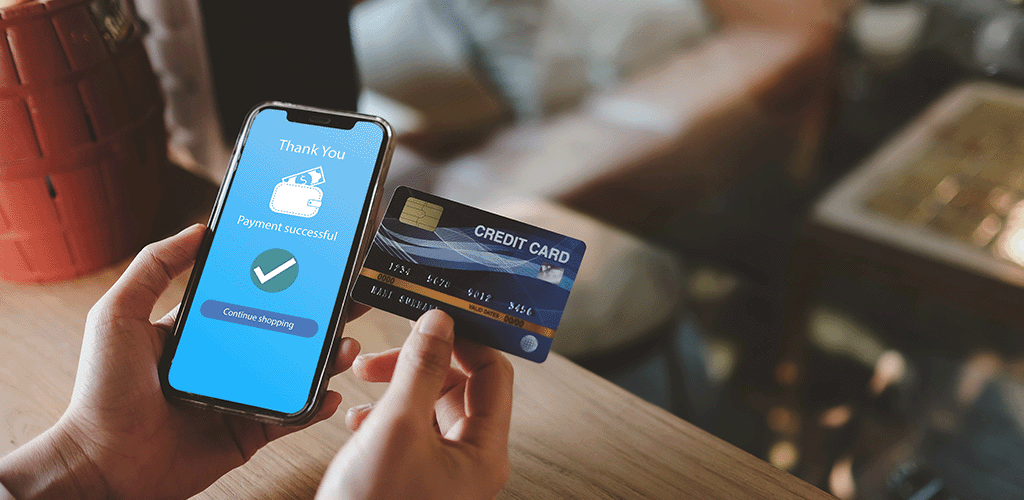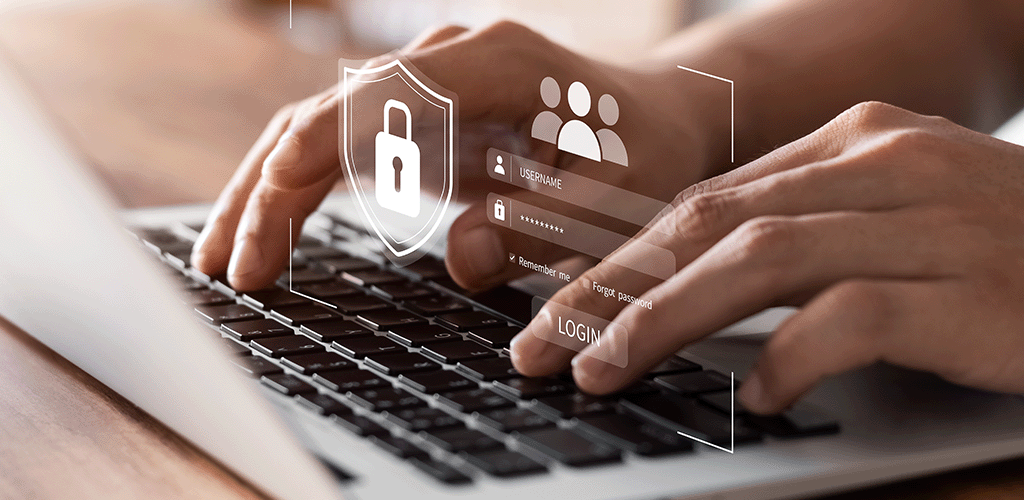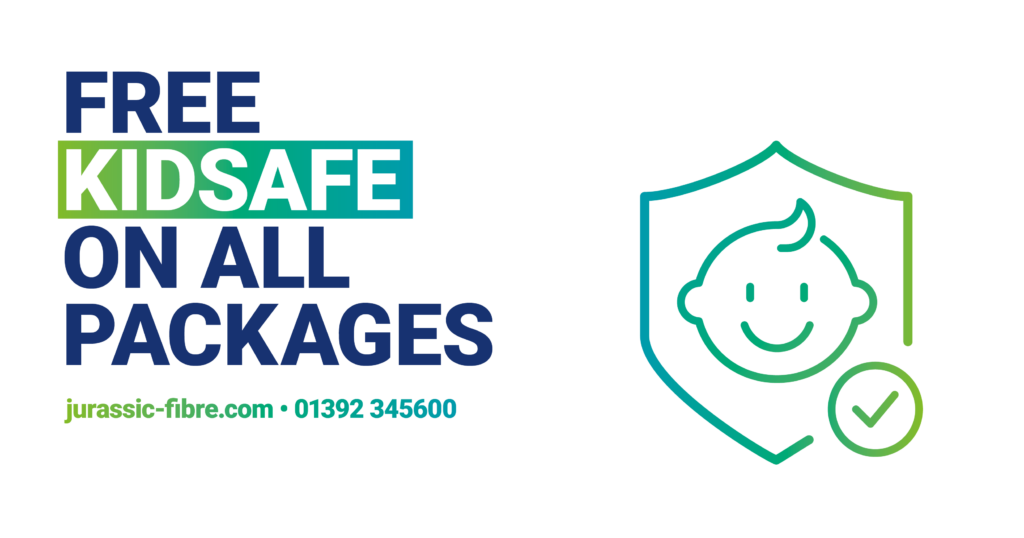
Insights
How secure is your broadband connection?
The growth of the internet has revolutionised our lives, bringing numerous benefits and conveniences. We can connect with friends and family across the globe, access vast amounts of information instantly, and conduct business transactions from the comfort of our homes. However, this increased connectivity has also increased cyber threats and online issues, making the need for a secure broadband connection more critical. In this blog, we will explore the steps you can take to ensure a safe online experience while enjoying the benefits of the internet.
Your ISP regulations
Internet Service Providers (ISPs) are crucial in ensuring secure broadband connectivity for their users. They are subject to various regulations and standards that govern their operations and security practices. ISPs work hard to protect their networks from cyber threats, such as implementing firewalls, intrusion detection systems, and encryption protocols to safeguard user data and prevent unauthorised access to their infrastructure.

Checking your Home broadband network
Securing your home network is the first defence against potential cyber threats. Here are some essential steps you can take:
Check your firmware updates
Your router’s firmware will benefit from the latest security patches and bug fixes. Manufacturers release updates to address vulnerabilities, so staying current is crucial. Your provider should be able to remote patch them at off-peak times, but it’s always worth checking with them.
Check your login details
Your username and password should be randomly generated for your router to ensure no unauthorised access can be gained. Hackers often target devices with default credentials, so changing them adds an extra layer of security. On some routers, you can adjust the login details via an app; making the password a phrase makes it even harder for hackers to access your router.
Contact your ISP to update security remotely
Most ISPs update settings remotely and regularly to enhance security. However, if you suspect any issues, don’t hesitate to contact your ISP to ensure your network’s security is current.

Check your Wi-Fi security
Choose a strong Wi-Fi password
Select a unique and complex password that combines letters, numbers, and symbols. Avoid using easily guessable information like your name or address. Some examples of strong passwords are phrases from a book or movie, which makes it even harder for anyone to infiltrate your network.
Enable parental controls
If you have children using the internet at home, enable parental controls on your router to restrict access to inappropriate content and websites. Jurassic Fibre provides KidSafe as a free add-on to our service to keep your kids safe when surfing online. Our Kidsafe browsing is an extra feature that allows administrators to enable safer browsing options and restrictions for younger internet users.
Different content categories can also be blocked, including advertising, social networks, adult content and more.

Check all devices connected
People visiting may connect to your home Wi-Fi network, so you should regularly review the list of devices connected to your Wi-Fi network and disconnect any unknown or unauthorised devices to prevent potential intrusions.
Change your Wi-Fi network name
Avoid using personally identifiable information in your Wi-Fi network name. A generic network name makes it harder for attackers to target your network. Sometimes, you may need to contact your provider to change the name, but it’s always worth keeping in mind.
Check your firewall
A firewall is a crucial security tool that is a barrier between your home network and the internet. It monitors incoming and outgoing traffic, allowing safe data to pass while blocking malicious attempts.
Blocking incoming traffic
Configure your firewall to block all unnecessary incoming traffic, reducing the risk of unauthorised access to your network.
Blocking software threats
Enable features on your firewall that can identify and block known malware and suspicious activities.
Enable automatic updates for your firewall
Keep your firewall software up to date to ensure it can defend against the latest cyber threats.
Understanding VPN (Virtual Private Network)
What is a VPN?
A VPN is a secure and encrypted connection that allows you to access the internet through a remote server. It ensures your online activities are private and protected from prying eyes.
The benefits of using a VPN
A VPN encrypts your internet traffic, making it difficult for anyone to intercept or monitor your online activities. It also allows you to access geo-blocked content and enhances your online privacy.
Choosing a VPN
Select a reputable VPN provider that prioritises user privacy, has a no-logs policy, and offers strong encryption protocols.

How to check a website is secure?
What is HTTPS?
HTTPS (Hypertext Transfer Protocol Secure) encrypts the data transmitted between your device and a website, preventing eavesdropping and tampering.
How to identify secure websites?
Look for the padlock icon and “https://” in the website’s URL to ensure a secure connection and indicates that the website uses an SSL/TLS certificate for encryption.
What to do when you find an insecure website?
Exercise caution and avoid entering sensitive information on websites lacking HTTPS encryption to minimise the risk of data interception.
Keep your internet secure
As the internet continues to shape our daily lives, prioritising the security of our broadband connection is imperative. You can significantly enhance your online safety by implementing the abovementioned practices, such as securing your Wi-Fi, understanding VPNs and HTTPS, and taking measures to safeguard your home broadband. Remember, investing time and effort in ensuring your broadband connection now can save you from potential cyber threats in the future, providing peace of mind and a safer online experience. Stay vigilant and informed to enjoy a worry-free online journey.
Safeguarding your online experience is paramount in today’s interconnected world. You can bolster your internet security by adopting essential measures like securing your Wi-Fi, grasping the significance of VPNs and HTTPS, and fortifying your home broadband. As the digital landscape evolves, these practices are crucial for protecting your personal information and maintaining a worry-free online journey. Invest in your online safety now to prevent potential cyber threats in the future, ensuring both peace of mind and a secure digital exploration.
Connecting People Across Devon
Our mission at Jurassic Fibre is to bridge the digital divide and unite communities across the picturesque landscapes across the Southwest. We understand the importance of staying connected in today’s fast-paced world, whether for work, education, or simply keeping in touch with loved ones.
We offer lightning-fast and reliable internet solutions that empower families and businesses alike. Our commitment to installing broadband in Devon and across the South West will provide top-notch services to even the most remote corners of the county.
Latest news
A network for the future
Why Jurassic Fibre?


